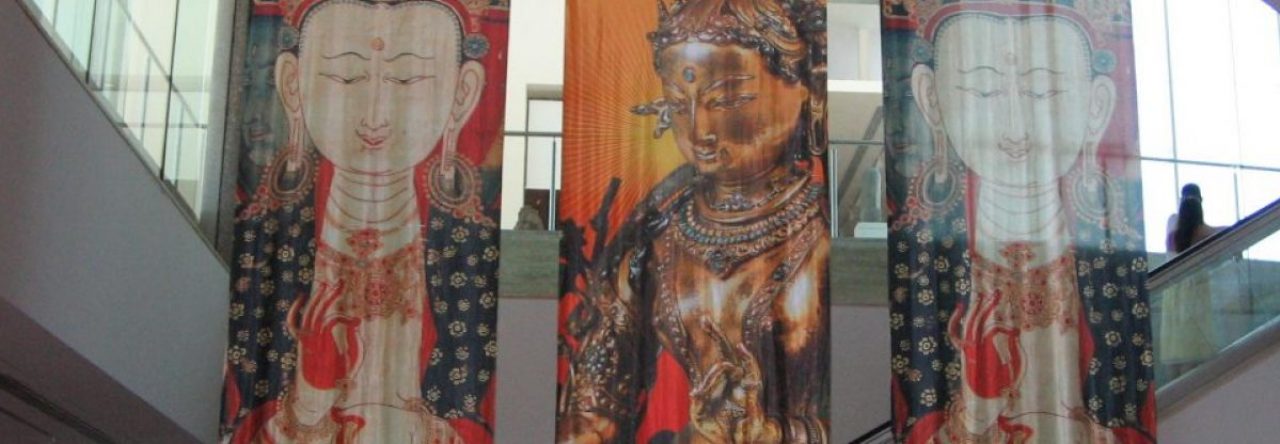SPECIAL SCHEDULE IN COMING WEEKS
For the next seven weeks, I’ll be teaching twice a week. I’ll be teaching the previously announced course on ‘Headlessness’ during the Sunday 4:00-5:30 session. This starts next Sunday, 30 October.
In addition, beginning Wednesday 2nd November, I’ll be available online on Wednesday nights 7:00-8:30 for anybody at all who’d like to explore anything of their choosing (including about Headlessness, if you like). This will be a Kalyanamitta Conversations session. When the ‘Headless’ course finishes, we’ll return to the usual Sunday schedule.
GENERAL INVITATION TO THE COURSE
The Sunday course (starting this coming Sunday 30 October) – ‘Headlessness’ – is an introduction to foundational awareness, emptiness and interdependence; but I won’t be concentrating on theory. It is a truly practical course and invites a commitment to combodiment – that is, to entering the radically intimate fact of living our embodied interdependence. We’ll use a number of ‘practices of seeing’ to taste the freedom of a non-concocted mind.
(Combodiment, a concept from Focusing theorist and psychotherapist Akira Ikemi points to the lived body, a body which is, in an unmediated way, what it is because of – that is, ‘with’ – everything else.)
This is a kind of ‘vipassana of vision’ – exploring vision as a Dharma door into the profound dimension. What makes this door of ‘vision’ a way in? As Buddhist writer Herbert Guenther says: “although we have seen that probing Being’s mystery entails moving into rather “alien” terrain, paradoxically this very mystery is always “available” to us, operating in the all too familiar forms of our cognitive processes.”
Douglas Harding’s “method”- commonly known as “Headlessness” – is a highly effective introduction to the boundless, luminous aspects of consciousness. That sounds desirable, right? But it’s only half the story. The Heart Sutra says, “Form is Emptiness” and “Emptiness is Form.” In other words, when “Headlessness” introduces you to primordial consciousness, it simultaneously introduces you to “combodiment.” Emptiness is combodiment, combodiment is emptiness. This means a life of engagement with ‘your world within the world’ and ‘the world.’
My approach comes directly from forty-seven years of practice and study of Douglas Harding’s ‘method.’
CONDITIONS OF PARTICIPATION: ATTENDANCE
The topic is not a light one. So, I want a firmer commitment to attendance than I accepted in courses lately. A half-hearted commitment in this area can cause problems for your practice, rather than bring the freeing experience you are seeking.
So, I’d like you to come for as many of the seven sessions as possible. If you are unable to attend at least six out of the seven sessions, then as a condition of registration, please write to me to work out how you might do the course under special conditions – perhaps checking in with me each week. I make this stipulation not just for the wellbeing of the group, but for your safety. It’s particularly the topic of emptiness which justifies the Buddha’s statement that his teaching is like a snake and needs skillful handling.
THANKS FOR YOUR CONSIDERATION and remember that if you just want to have the less rigorous experience of a drop-in conversation, feel free to sign in on Wednesday night.
Christopher.
